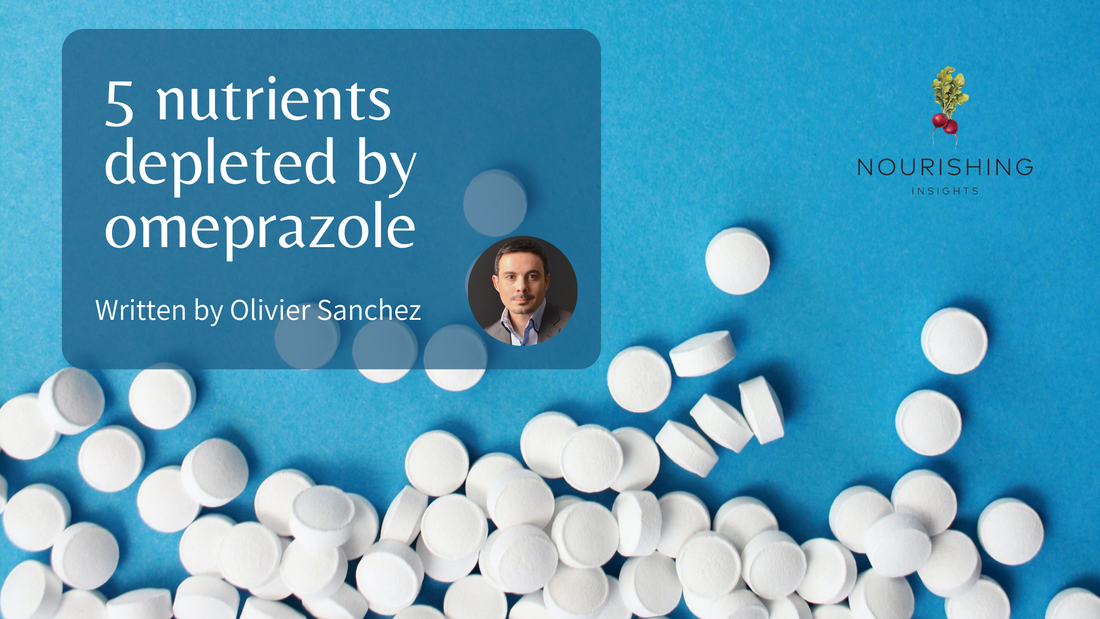|
The Digestive System
The role of the digestive system is to break down and assimilate the nutrients from the food we eat and redistribute those nutrients to all tissues in the body via the blood circulation or the lymphatic system, so our cells can receive the required energy to function. The digestive system requires nutrients to function: for tissue function or the release of digestive juices and enzymes. A steady supply of protein (amino acids) is, therefore, required. The intrinsic factor, which is essential to the assimilation of vitamin B12, is a protein (glycoprotein).
1 Comment
What is the menopause
Menopause is the time that marks the end of your menstrual cycle. This generally occurs from the ages of 45 to 55 years old. Menopause is normally diagnosed after you have stopped having a menstrual bleed for 12 months, when you’ve stopped producing the hormones that cause your menstrual period. Many women experience significant symptoms during the menopause but also during perimenopause. What is the difference between the menopause and perimenopause Perimenopause is the time leading up to menopause. In fact, this can occur in women from 35 to 45 years old. Perimenopause describes the time in which your hormones will begin to fluctuate, and your menstrual cycle can even become erratic and often irregular. But this is also a transitional time as it’s the lead up to menopause. Menopause means your periods have ended. When you have had no menstrual cycle for a full 12 months, then you have officially reached menopause. |
Amazon Associates DisclosureNourishing Insights is a participant in the Amazon EU Associates Programme, an affiliate advertising programme designed to provide a means for sites to earn advertising fees by advertising and linking to Amazon.co.uk. Archives
December 2023
|
WHAT OUR CLIENTS ARE SAYING“I did Nutritional Therapy with Beverley and it was life changing. I highly recommend it!” Allison Blakely (Glasgow)
|
Contact Us |




